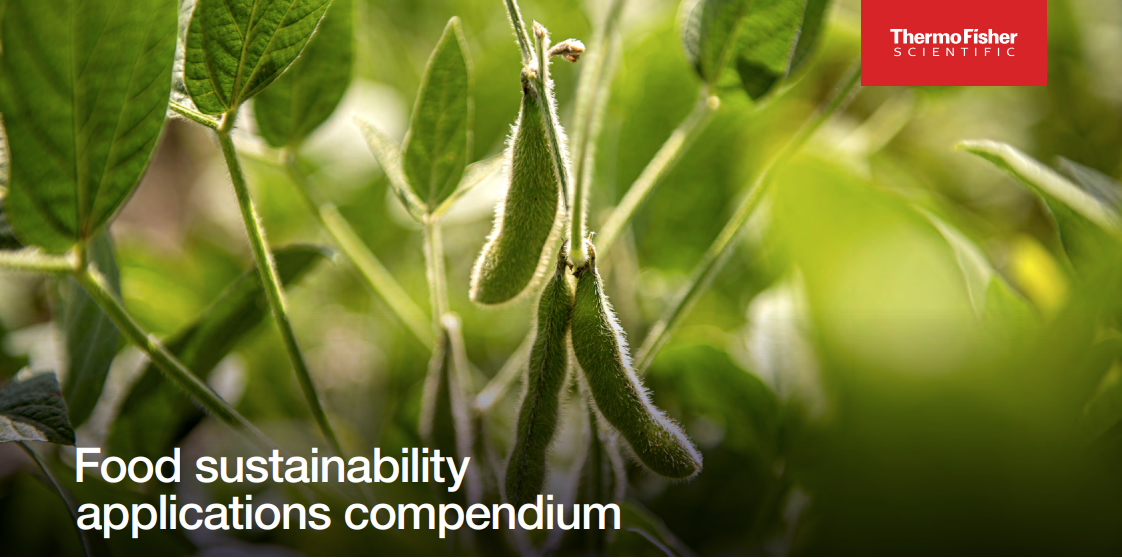The shift towards sustainable food production and a circular food economy is crucial to diminish the carbon footprint and cater to the expanding global population. Consequently, there is a focus on developing alternative protein formulations and researching the valorization of food side streams.

Image credit: Thermo Fisher Scientific - Materials & Structural Analysis
Most importantly, however, sustainable food must fulfill consumers’ expectations regarding taste and texture, and extrusion technology offers a promising solution.
Extrusion technology is a highly promising platform for crafting sustainable food items, recognized for its energy efficiency and environmentally friendly continuous production process. Offering a broad range of adjustable process parameters, extrusion provides significant flexibility for the development of diverse product types.¹
Rheological characterization plays a key role in optimizing the mechanical properties and sensory qualities of sustainable food products. This is essential to meet customers’ high expectations for taste and texture, as well as to simulate processing conditions.
The versatility of rheometers, equipped with a wide array of measuring cells specifically designed for tribology, texture, and interfacial analysis, and even combined optical methods, allow for a comprehensive characterization of products.
In the contemporary landscape, the development of sustainable food products extends beyond edibles to encompass biodegradable packaging. As such, this compendium will delve into a variety of subjects, spanning from food to packaging, offering selected application notes and videos featuring scientists from Thermo Fisher Scientific.
With decades of application-specific experience, Thermo Fisher Scientific’s worldwide demonstration labs and scientists from different disciplines, including food extrusion, rheology, and electron microscopy, can assist you in realizing your specific sustainable food application goals.

 Download the full eBook Now
Download the full eBook Now
References
- Lazou (2022): Food extrusion: An advanced process for innovation and novel product development, Critical Reviews in Food Science and Nutrition, DOI: 10.1080/10408398.2022.2143474

This information has been sourced, reviewed and adapted from materials provided by Thermo Fisher Scientific.
For more information on this source, please visit Thermo Fisher Scientific.